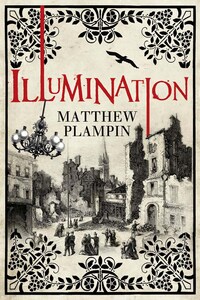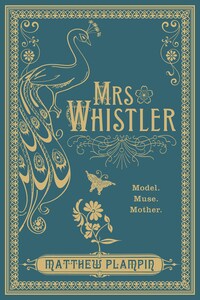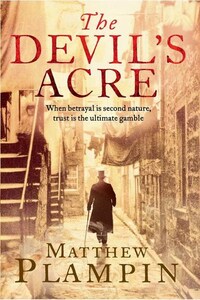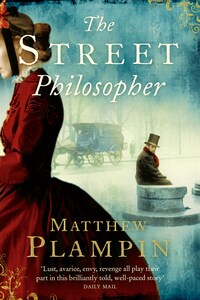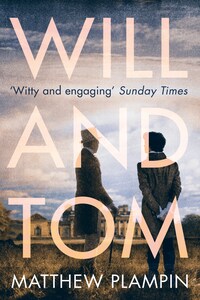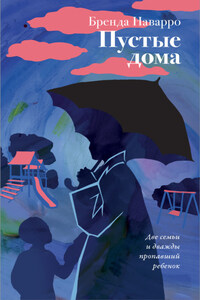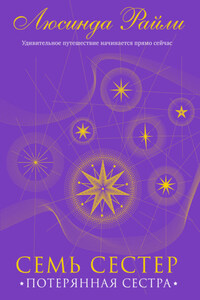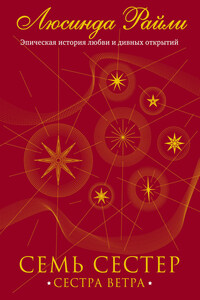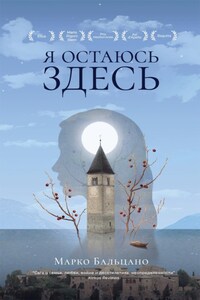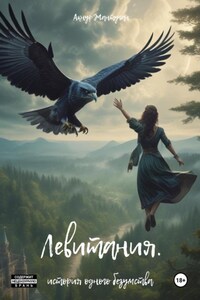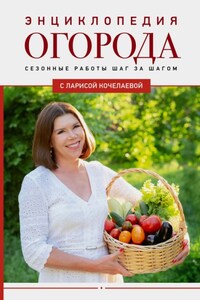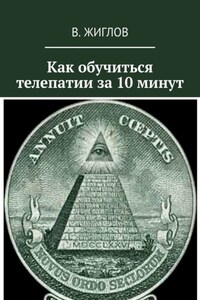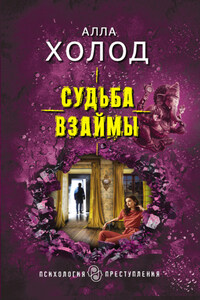Hannah entered the drawing room and froze: what appeared to be a miniature kangaroo had climbed up onto a chair and was nibbling at a vase of lilies. She stared at it for a few seconds – the black lips pulling delicately at the petals, the elongated toes rubbing mud into the satin upholstery – and wondered what she should do. Creatures both strange and familiar were everywhere at Tudor House. Caged parakeets shrieked in the hall; racoons and marmots scuttled beneath the furniture, their claws tapping on the floor tiles; and at dinner, a huge, sad-eyed dog (an Irish deerhound, they were told) had loped in and laid itself by the hearth without even glancing at the assembled guests.
‘My apologies, Miss Pardy,’ said her host, who had arrived at her side, ‘the little buggers are always escaping from their pen and finding their way indoors. There is nought so bold, so precious clever, as a greedy wallaby. Do excuse me – excuse us.’
He edged forward with his arms outstretched, repeating the beast’s name (which was Freda) in the tone of a doting father. The wallaby slipped from the chair, bounding sharply to the right and then to the left – a technique developed to foil the predators of the Australian desert that proved more than a match for a rotund painter-poet in a Chelsea drawing room.
The other guests had started to drift in. Instead of helping their host they gathered like spectators around a street show, cheering as Freda dodged another lunge. Most of them were writers or artists, or those who live off writers or artists; before long they were spouting poetry again, something about a knight’s quest this time, bellowing the verse in good-humoured competition. Hannah didn’t recognise it. She scratched her elbow through the sleeve of her gown. The evening was not going to plan.
Freda made it to the French doors, one of which had been left ajar, and hopped out into the cool April evening. Her owner was close behind, followed in turn by eight or nine chortling gentlemen. Among them was Clement, lighting a cigarette whilst recounting a joke he’d heard in an alehouse. He was doing rather better with these people than Hannah, despite knowing as much about art as the butcher’s boy. Opposite twins, that was Elizabeth’s favoured description: siblings born together who were different in every possible regard. This phrase had always made Hannah wince, but she could not deny the truth in it. Her brother had an easy amiability that she would never possess. Clem could bob along quite happily on the surface of almost any society – whilst she sank down into its depths, growing restless and irritable, longing to be away.
A finger prodded Hannah’s hip. Elizabeth was smiling, but her eyes were hard with purpose. She nodded after their host. ‘Follow him.’
‘He is not interested, Elizabeth. Not in the least.’
‘What rot. He’ll soon be finished with that ridiculous pet of his and then you must act. This opportunity may not be repeated.’
‘It is futile. You were at the table. You heard their conversation.’
‘They are unconventional. I warned you of this, Hannah. They are artists. They think differently, even by our standards.’
Hannah sighed. ‘They talked of money and their love affairs – gossip, Elizabeth – and recited a great long bookshelf’s worth of poetry at one another. What is so unconventional about that?’
Elizabeth’s smile vanished. It pleased her to think that these friends of hers were outrageous, an affront to propriety, and she did not appreciate Hannah suggesting otherwise. ‘Perhaps, then, you should have done something to make yourself worthy of their notice. But once more you insist upon surly silence, coupled with a scowl that spoils you completely. How much do you suppose that will achieve, you impossible girl?’
Hannah would not be scolded. ‘And what exactly was I to say? Their only care was the extent of my resemblance to you. None of them so much as mentioned my work. You said that they were curious – that you’d prepared the ground.’
This was a significant understatement. Back in St John’s Wood, Elizabeth had declared that the evening would be nothing less than an
